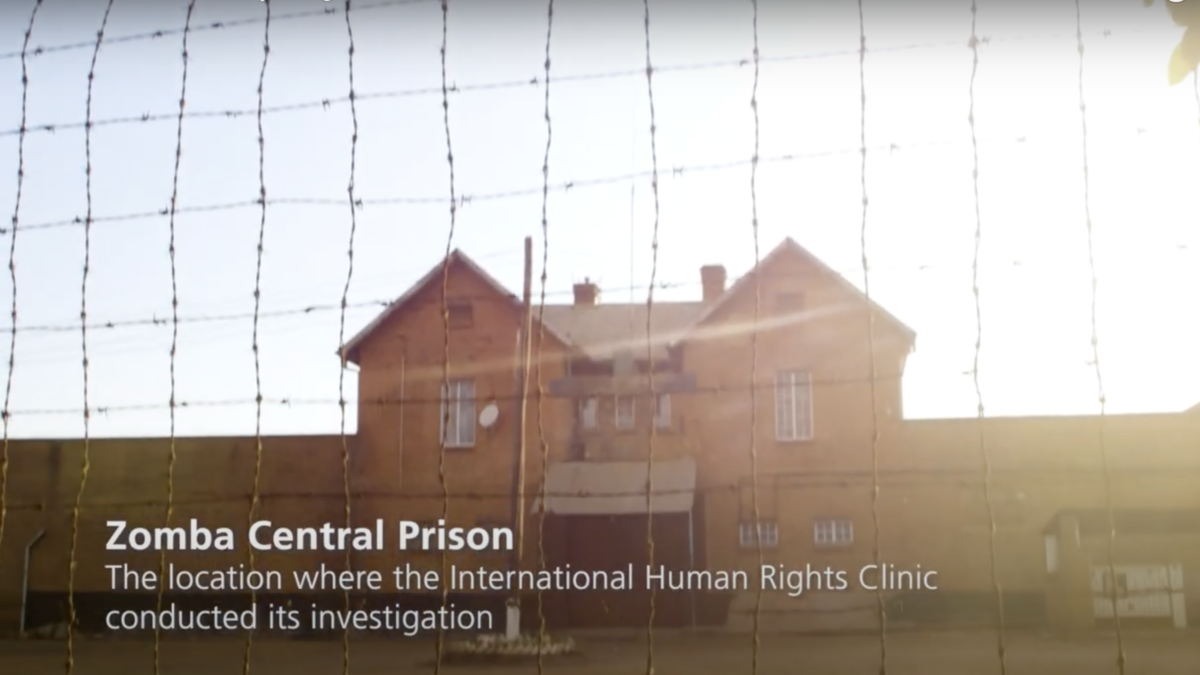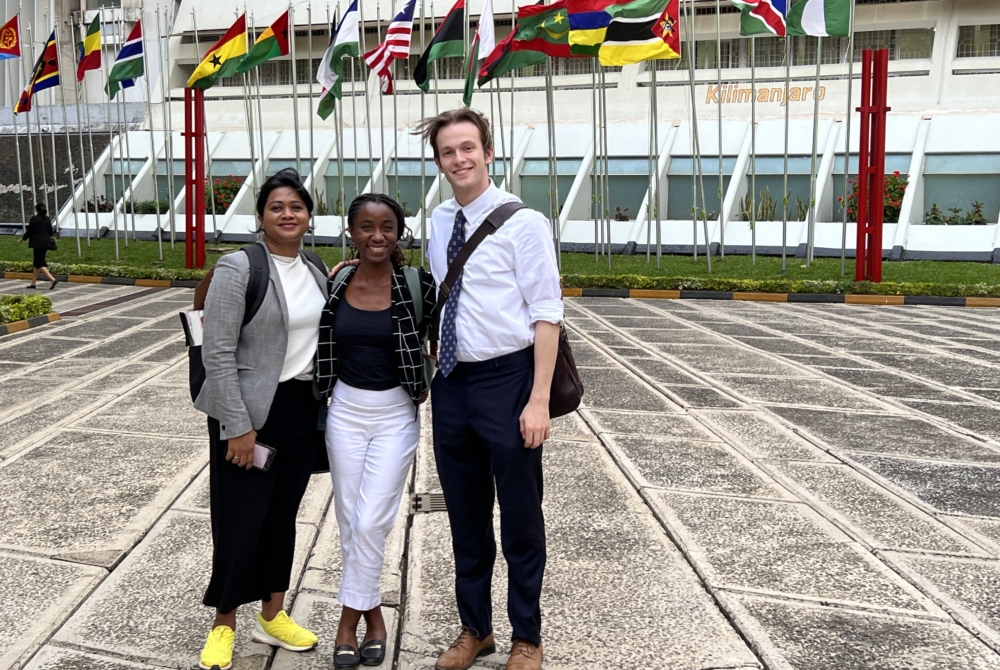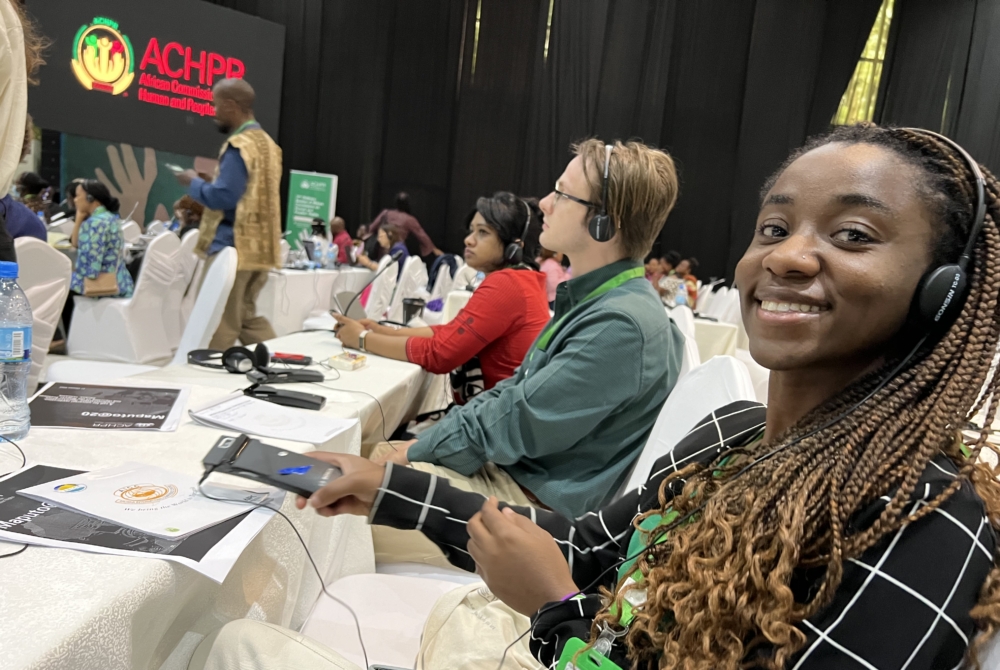This website uses cookies
We use cookies to ensure that we give you the best experience on our website. If you continue to use this site we will assume that you are happy with it.
The clinic is dedicated to advancing social justice through collaboration with partners in the U.S. and abroad. The clinic engages students in critical reflection about human rights work and progressive legal practice. Clinic students have handled a wide array of projects in several countries (including the United States) that address prisoners’ rights, women’s rights, the death penalty, truth and reconciliation in post-conflict societies, the right to self-determination, and cultural rights. Clinic students have also advocated before U.N. treaty bodies, the U.N. Human Rights Council, the Inter-American Commission on Human Rights, and the African Court on Human and Peoples’ Rights.
Professor Babcock is also faculty director of the Cornell Center on the Death Penalty Worldwide, and some of the clinic’s projects draw on the center’s ongoing work around gender and the death penalty.
Students in the clinic learn about substantive human rights law as well as lawyering skills, including brief writing, strategic judgment, and storytelling techniques. Students work in teams, conducting international and comparative research, and brainstorming about legal arguments. Through their practical work and the clinical seminar, students learn to integrate theory with practice. They grapple with cultural barriers, learn new advocacy tools, and work to achieve tangible results for individuals and groups whose human rights have been violated.
Below are some examples of the projects recently undertaken by Professor Babcock’s students at the International Human Rights Clinic.

The clinic is open to 2Ls, 3Ls, and LL.M. students. Participation in the clinic involves a classroom component as well as a practice component. In the classroom component, students obtain a foundation in international human rights law and practice through lectures, discussions, and simulation exercises. In the practice component, students are divided into collaborative teams, each of which works on a substantive human rights project. These projects typically involve litigation, investigation, and/or drafting reports on human rights violations in collaboration with international NGOs. Some projects may involve international field research. Student teams work closely with clinical professors throughout the course, receiving close guidance and regular feedback. Travel is optional and is not guaranteed. Travel will depend on the project’s needs and other factors.
Students apply to the clinic through the law school clinic registration process, which is organized by the Registrar twice a year (typically in June and October). Prospective students must submit a c.v. and statement of interest indicating why they wish to take the clinic to Professor Babcock by the deadline given in current course registration materials. Students from underrepresented communities and nontraditional backgrounds are encouraged to apply. The clinic also accepts applications from LL.M. students.
The clinic gives priority to students who have a demonstrated commitment to human rights or social justice work, whether in the United States or abroad. Foreign language proficiency is also helpful for certain projects. We are looking for students who are passionate, committed, and eager to learn. Students must be willing to work in teams. Other factors relevant to the selection process include:


Students participating in the African Commission on Human and Peoples’ Rights conference in Tanzania in fall 2023.